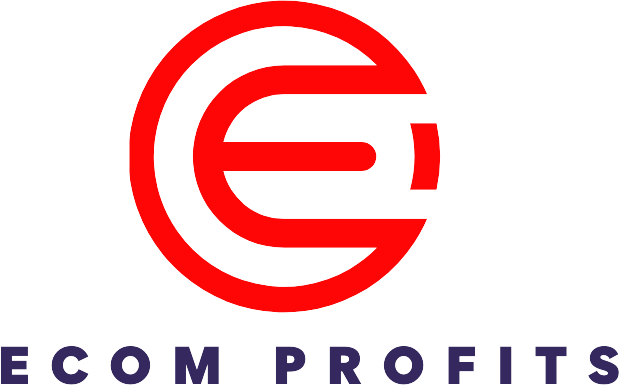
The Ultimate Checklist: Essential Resources for Planning a Successful Business Event
Planning a successful business event is akin to orchestrating a grand performance. Every detail matters, from the initial conception of the event’s purpose to the final applause as guests depart. While the planning process can be overwhelming, breaking it down into manageable tasks can help ensure a smooth experience. The following guide provides the essential resources and insights needed to navigate the complexities of event planning. Below, you’ll discover the pillars of effective event management and learn how to create memorable experiences for your attendees.
Setting the Foundation: Defining Your Event’s Purpose and Goals

Before embarking on the logistics of event planning, it’s critical to have a clear understanding of your event’s purpose and objectives. Establishing the ‘why’ behind the gathering will inform every subsequent decision, from the format to the content. An event aimed at launching a product will differ significantly from an annual conference or a networking session. Clear goals will also serve as a benchmark for measuring the event’s success. Business events and catering at Ray’s might offer the sophisticated environment and convenience your event needs.
Consider who the target audience is and what they are seeking to gain from attending your business event. Are they looking for knowledge, connections, business opportunities, or perhaps a combination of these elements? Knowing your audience will shape the agenda and help create an engaging and beneficial experience. It will also determine the tone and level of formality of the event.
With objectives and audiences in line, setting measurable goals becomes easier. These could range from the number of attendees, the quality and quantity of leads generated, to the overall satisfaction scores in post-event surveys. These tangible metrics will guide your planning process and help in refining the event’s focus.
Lastly, while defining your goals, ensure they are realistic and attainable given your resources and timeframe. Adjust and adapt your expectations to align with what is feasible. Overambitious goals without the proper groundwork can lead to disappointment and a sense of failure despite an otherwise successful event.
Venue Selection: Finding the Perfect Space for Your Business Event
Selecting the right venue is one of the most critical decisions in the event planning process. The location not only sets the stage for your event but also contributes to the attendees’ overall experience. Consider amenities, accessibility, and the ambiance of potential venues. You want a space that aligns with your event’s purpose and aesthetic, enhancing the themes and objectives laid out in your planning.
Audience comfort is paramount. Consider the venue’s size in relation to the expected attendance to avoid overcrowding or a desolate atmosphere. Breakout rooms, easy access to restrooms, and spaces for networking are also important features to check off your list. Additionally, good acoustics and lighting can significantly impact the delivery and reception of presentations.
When considering the financial aspects, it’s essential to strike a balance between the ‘wow’ factor and the budget. Extravagant venues can make a big impression, but be cautious of letting the venue’s cost consume funds that are needed elsewhere. Always negotiate with venues for the best package deals, and don’t shy away from seeking out hidden gems that offer more than they charge.
Location also cannot be overlooked. A venue with good transport links and proximity to business hubs can increase attendance and punctuality. Additionally, it’s worth checking for potential clashes with other events in the area that may affect traffic or accommodation availability.
Engaging Your Audience: Marketing and Promotion Strategies

Once the foundation is laid, it’s crucial to craft a marketing and promotion strategy that captures the attention of your desired participants. Utilize a mix of traditional and digital marketing channels to reach your audience where they are most active. This might include social media platforms, email campaigns, and even industry publications or newsletters.
For your marketing messages to resonate, they must articulate the value proposition of attending your business event. Highlight keynote speakers, networking opportunities, or unique experiences that differentiate your event from others. Tailor your communications to address the specific interests and needs of your target audience, making the event an unmissable occasion in their calendars.
In the era of social media, creating buzz around your event is essential. Encourage sharing and discussions online by crafting a dedicated event hashtag and offering incentives for early registrations or referrals. This not only broadens your reach but also starts building a community around your event, driving engagement and anticipation.
Hosting a business event is an intricate dance of preparation, execution, and reflection. By setting clear objectives, selecting the ideal venue, engaging participants effectively, mastering event logistics, and thoroughly evaluating the outcome, you lay the groundwork for an impactful and memorable experience. The blueprint for success is in the details, and this checklist is your guide to navigating them with finesse.




